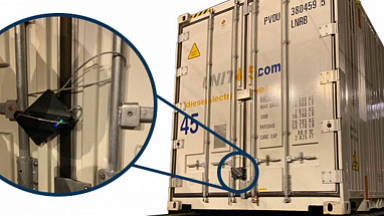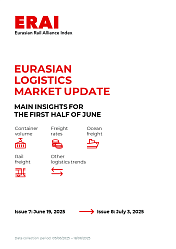Two Italian freight organisations, Fermerci and Fercargo, have urgently called on Italy’s Ministry of Transport to take immediate action to address «unbearable conditions» that rail freight operators in the country are grappling with.
In an open letter, the two industry associations have expressed deep concerns over the current state of the sector, citing unsustainable working conditions and a potential loss of approximately 15,000 jobs.
In the letter, addressed to the Minister of Infrastructure and Transport, Matteo Salvini, the presidents of Fermerci and Fercargo, Clemente Carta and Mauro Pessano, emphasised the severity of the situation.
«The unbearable conditions under which rail freight operators are forced to work, without any support or response to our requests for months, have made the situation untenable. This is causing significant disruptions to Italy’s industrial system and local economies,» the letter states.
The letter also highlights the severe impact of infrastructure works linked to the National Recovery and Resilience Plan (PNRR), which are expected to continue until 2026. These works have already reduced transport capacity by more than 50% in 2024, with reductions peaking at 80% during the summer months.
Additionally, the closure of crucial alpine crossings, including the Frejus and San Gottardo tunnels, has further exacerbated the situation, leading to significant logistical bottlenecks across the country.
The combined effects of these issues, along with natural disasters such as the floods in Emilia-Romagna and Tuscany, and the Red Sea crisis, have led to a steep decline in rail freight traffic.
The sector has already seen a 3.2% drop in 2023 compared to the previous year, with projections indicating a further decline of 6.7% in 2024. The estimated economic damage for 2024 stands at around 90 million euros, with similar forecasts for the following two years.
«This situation not only hinders the development of the sector and the modal shift towards rail but also threatens the very survival of businesses and the livelihoods of roughly 15,000 employees,» the associations warned.
The associations also reiterated their willingness to engage in dialogue with institutional stakeholders to implement solutions to overcome the crisis as soon as possible.




